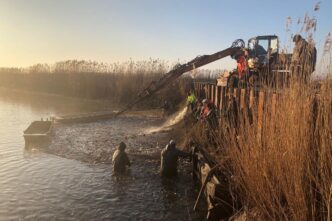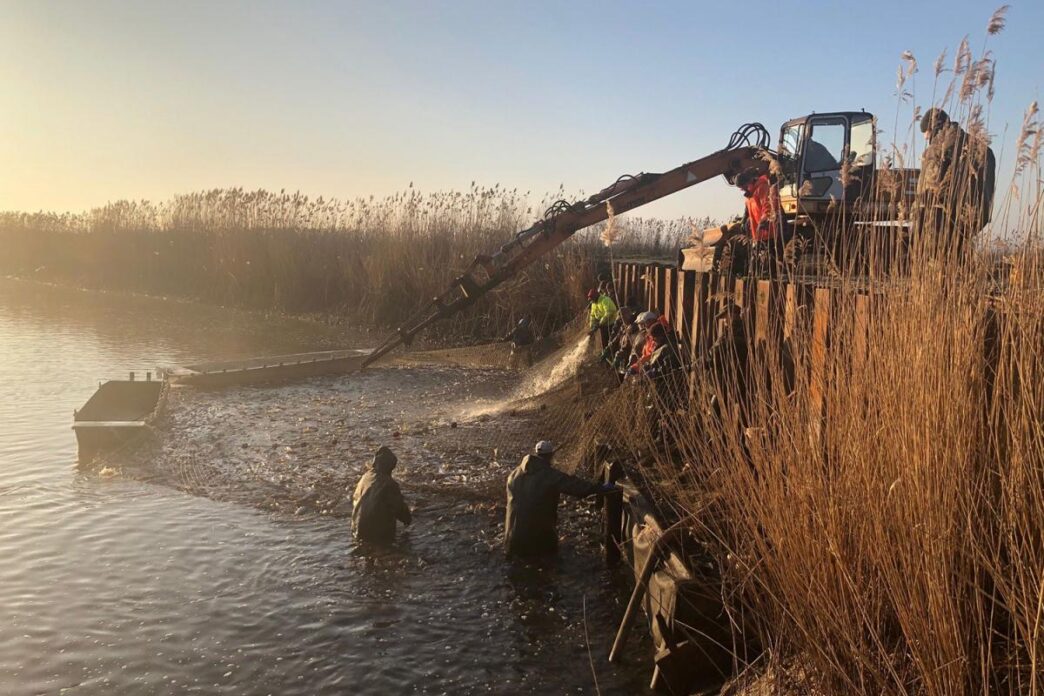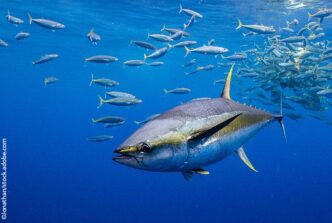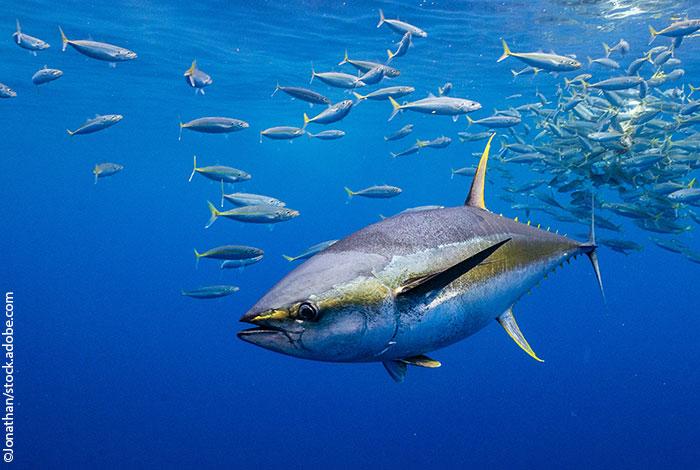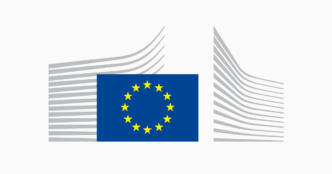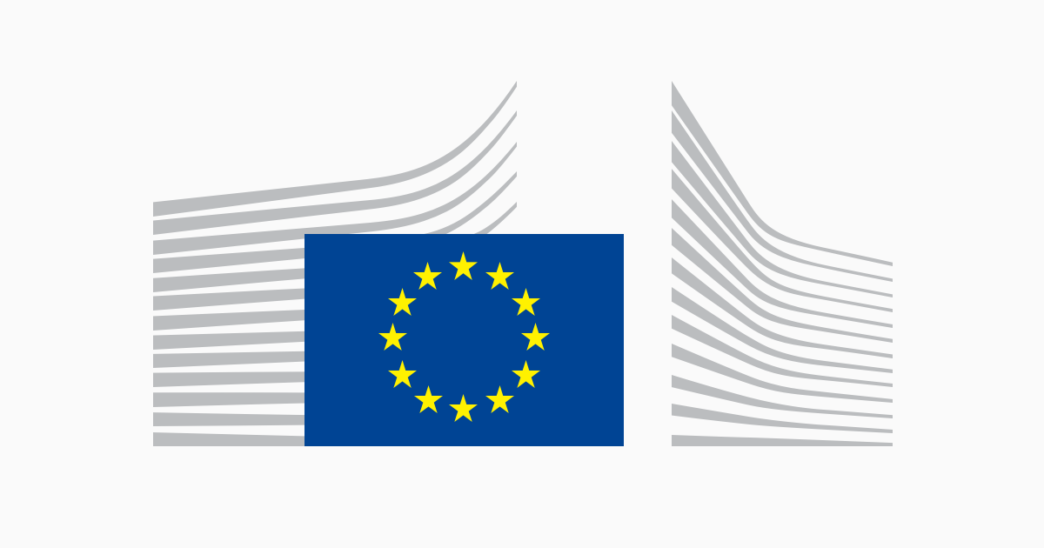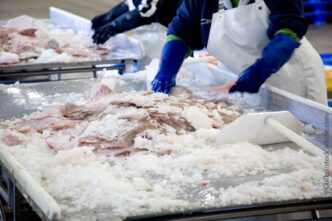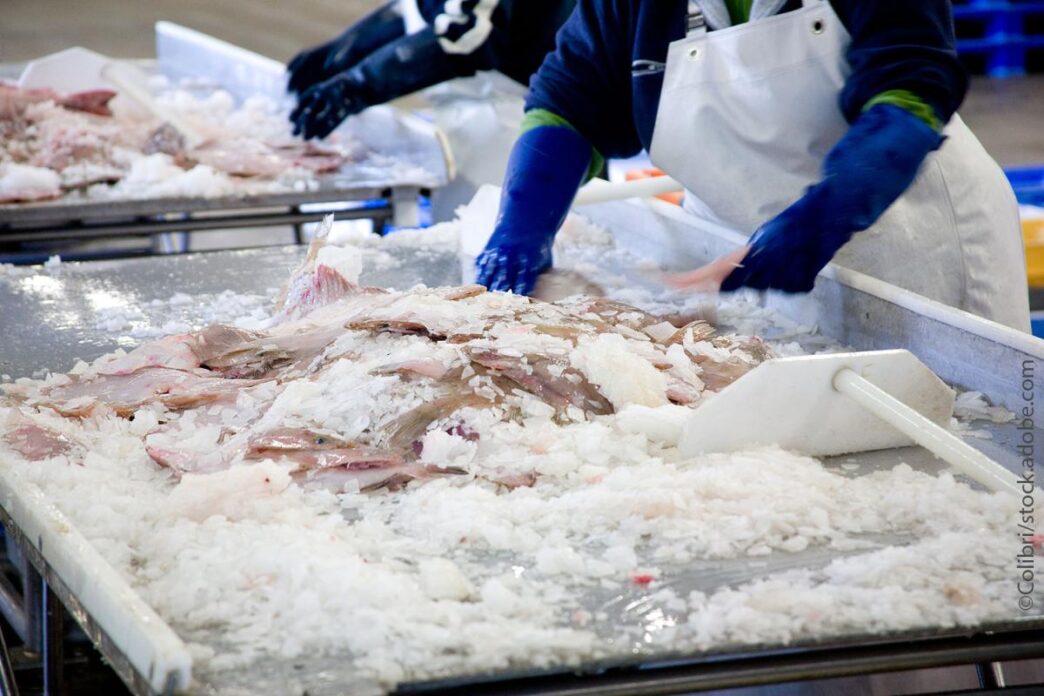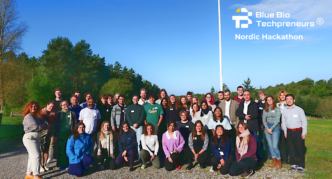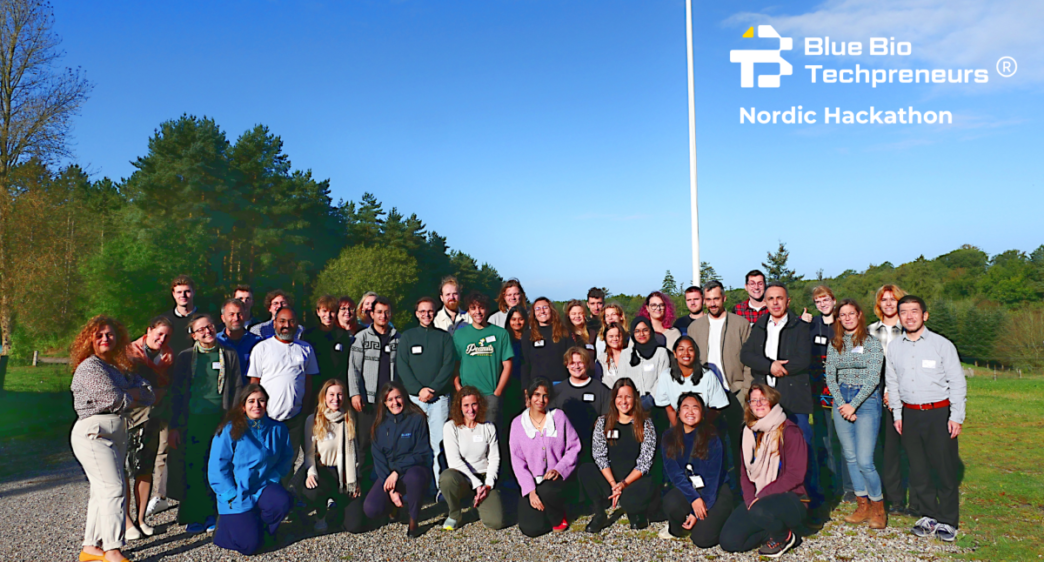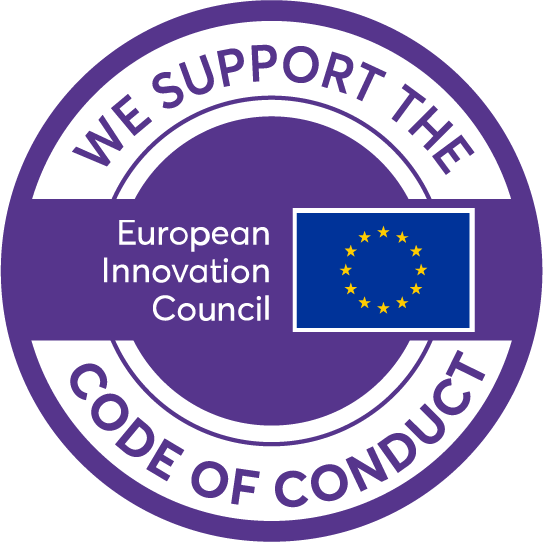The European Commission welcomes agreement at the International Maritime Organisation (IMO), as a meaningful step towards achieving net-zero greenhouse gas (GHG) emissions from global shipping by 2050.
Directorate-General for Maritime Affairs and Fisheries
31 posts
Oil spills pose a severe threat to marine ecosystems and industries that depend on clean water. Inobiostar, a Lithuanian spin-off from Klaipeda University, is addressing this challenge through innovative biotechnological solutions.
Biharugrai Halgazdaság, located in Hungary’s Southern Great Plains, has revitalised its historic fishpond system with European Maritime and Fisheries Fund (EMFF) investments. As Hungary’s second-largest fishpond system operator, the company combines ecological sustainability with economic growth.
On 13 April, Commissioner Kadis will officially open the 29th annual meeting of the Indian Ocean Tuna Commission (IOTC), which plays a crucial role in overseeing the conservation of tuna and tuna-like species.
The European Hydrogen Bank’s auction for renewable hydrogen production has attracted 61 bids from projects in 11 European Economic Area (EEA) countries, eight of which were submitted under the dedicated maritime topic by hydrogen producers with off-takers in the maritime sector.
Today, the European Commission published a questionnaire seeking feedback from the public on the sustainability of the EU’s autonomous tariff quotas (ATQs) for import of fisheries products.
The EU4Algae Project Database is a comprehensive repository designed to catalogue EU projects related to algae and act as a valuable resource for industry stakeholders, researchers, and policymakers in the algae sector.
The Sustainable Blue Economy Partnership has launched the first call for access to Research Infrastructures [2025 TA Call to RIs].
Tackling the skills and labour gaps to improve people’s careers and economic competitiveness is one of the top priorities of the European Union.
2050 Sustainable Blue Economy Imaginaries for the Black Sea” report .
